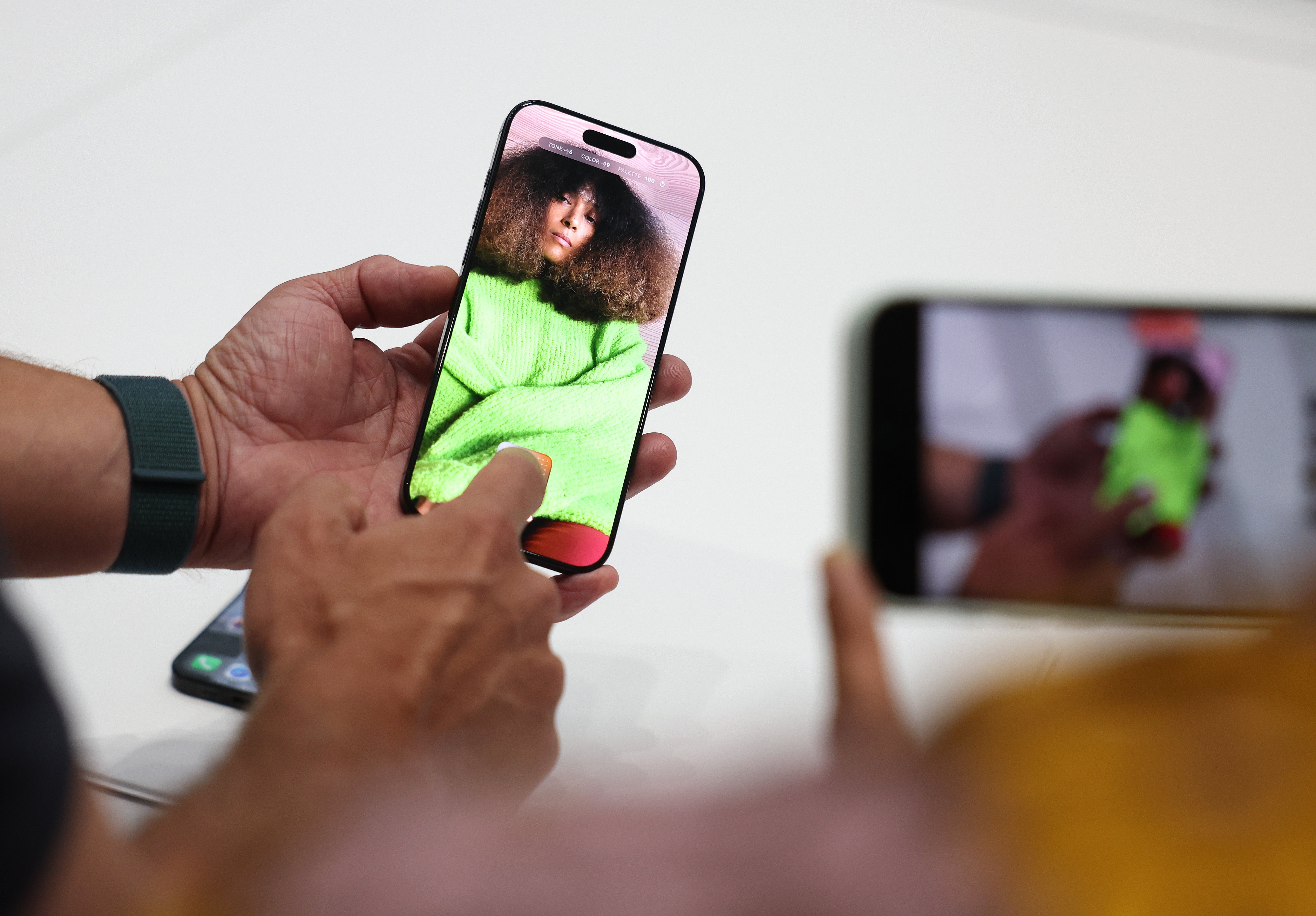iPhone 16: Why Apple’s new release could be one of its biggest ever
After pressure and criticism, Apple has fully embraced AI – even if it doesn’t like to say the word. Its new handset will be a test of whether the world is ready to embrace it too, writes Andrew Griffin


The AI iPhone is finally here. Apple might not like that description: there is a lot more to the iPhone 16 than artificial intelligence, it might argue, and besides every iPhone in recent years has included AI features. What's more, Apple doesn't particularly like the phrase artificial intelligence, preferring use "Apple Intelligence" as its branding and refer either to the features themselves or the precise technologies that underpin them, rather than the vague and voguish catch-all of AI.
But whatever Apple might want you to call it, it is clear that this is the year when artificial intelligence will be the iPhone's biggest selling point, and the year in which the iPhone was built specifically to power those AI features. And whether Apple wants it or not, the success of this year's release – and perhaps Apple's plan for its future – depends on the success of those AI tools.
The iPhone 16 could be one of Apple’s biggest product releases in its history. (At least literally: the new handset has gained a couple of millimetres in height and width, and is therefore the largest iPhone ever made.) It could define the company’s success: does the world want AI, and does it want Apple’s version of it?
Despite not much wanting to use the phrase, Apple seems to agree at least that a large part of the story of this year's phones are their AI features. Tim Cook said as he first introduced the phones that they were designed "from the ground up for Apple Intelligence", and the event included a long section that delved deep into the mechanics of the technology and how Apple has built it to preserve privacy and security.
That focus on safety seems smart: Apple Intelligence arrives at a time when consumer concern about the threat of artificial intelligence seems particularly high. That could be a danger for the iPhone 16. But it could also be helpful for Apple, which has made a business out of turning otherwise worrying technologies into ones that people are ready to welcome into their home, in part through a careful focus on trust and security.
The trouble for the iPhone 16 is that Apple Intelligence is not here yet: it won't actually be released until October, and even then will be explicitly marked as an early beta version and only available in US English. It is not yet clear when it will release in the EU, where it has been delayed over a fallout with regulators. (The UK will get it earlier – an unexpected consequence of Brexit, and a break with tradition that has seen Apple treat Britain as being part of the bloc until now.)
Even then – even when it has rolled out fully and more broadly – Apple has said that it considers the launch of Apple Intelligence other than be only the beginning, and has suggested that this release is about building a foundation for future advancements as much as anything else. Apple Intelligence is more than just futuristic, it is a promise for the future.
This sense of waiting for something exciting might be why the reaction to the new phone was a little mixed after the event on Monday; your view on the new phones depends not only on how you look at them, but also when you are thinking about them. Today, they are a relatively modest, evolutionary upgrade; soon, they could be the first device to launch with a technology that some promise will be as transformative as the smartphone itself, or even more.
Apple didn't seem to make the decision to make this the year of the AI iPhone entirely on its own. It has been offering AI upgrades in just about every recent iPhone and software update, though it preferred to use the word machine learning. But the clamour among shareholders, commentators and others was getting almost impossible to ignore, and Apple Intelligence arrived in June.
Apple has proposed a different version of the future this year. Last June, it announced the Vision Pro augmented reality headset; this year, it was released in the US and then other countries including the UK. Now, AR appears to have been a little overshadowed by AI; both technologies face much the same danger, in the risk of being pushed onto users before either they or the tech is ready, and rejected as a result.
Both Apple and its iPhone 16 have now staked their fortunes on artificial intelligence; a technology that promises both threats and safety, ease and bother. Like it or not, this is the AI iPhone. But now it's time to find out whether customers really do like it – or not.
Join our commenting forum
Join thought-provoking conversations, follow other Independent readers and see their replies
Comments
Bookmark popover
Removed from bookmarks